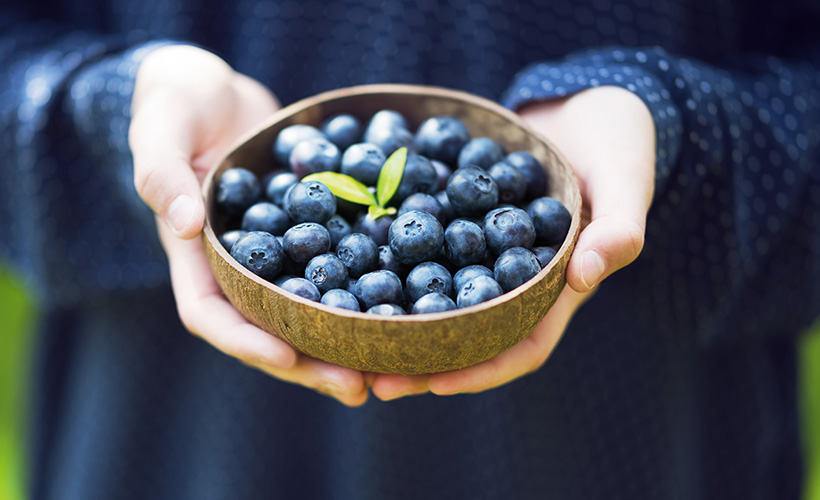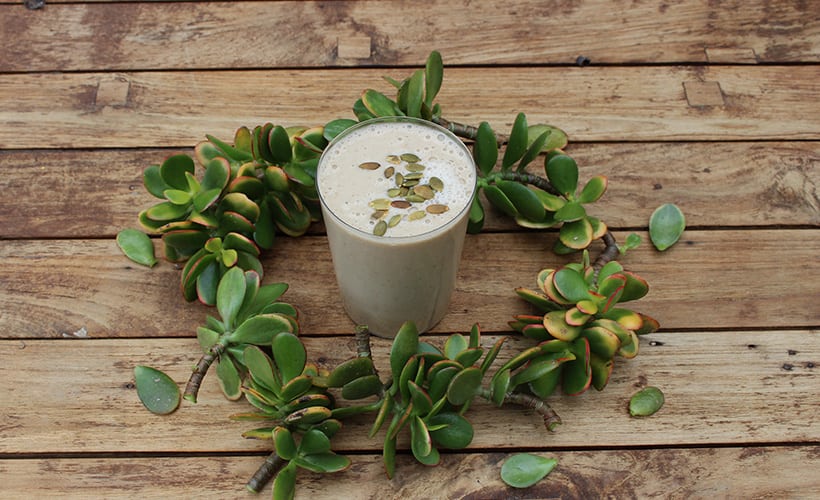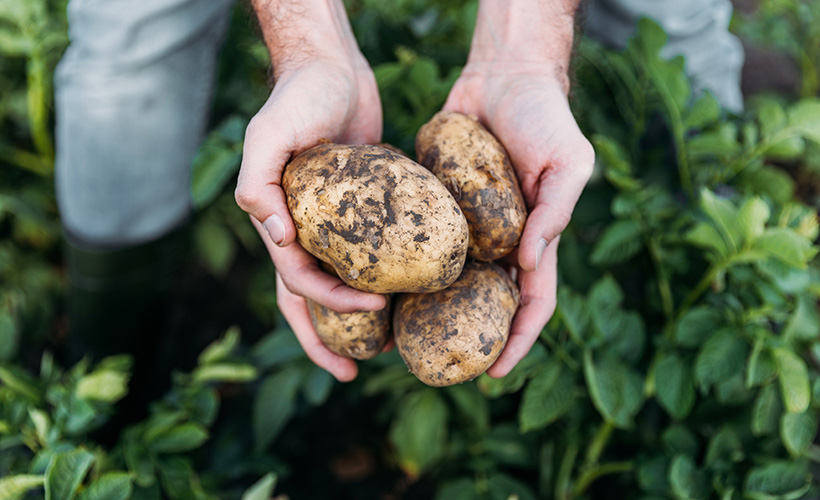The ability to remember things is for most of us, as natural as breathing. We take it for granted that we will recall a conversation that we had last week, remember a loved one’s birthday…or even remember what we actually walked into a room for on any given day! The ability to remember things is an ability that we all have, yet very rarely pay much attention to…unless we feel we may be losing that natural ability to remember things we once would have.
Occasional memory lapses are normal and should not be cause for concern or anxiety in otherwise healthy individuals. So, you can’t remember where you put your keys two days in a row? You forgot to pick up rubbish bags in your supermarket shop. You’re most likely uber busy, rushed and trying to think of and remember a million things at once rather than suffering from any memory affecting medical condition. It might just be a gentle sign that you need to slow down a little, and perhaps, look at some dietary changes that could help to boost focus and support your memory*
The dietary choices that we make have a big impact on brain health. One reason people can suffer from memory loss is an insufficient supply of necessary nutrients to the brain. In particular, B vitamins, amino acids, antioxidants, and essential fatty acids. So how can we help to prevent deterioration in our memory while boosting everyday brain health? Below are 7 Brain-Boosting foods to try and include in your diet to support both the long and short term brain function.
1. Oily Fish
Good fats, specifically omega-3 fatty acids found in oily fish such as salmon, tuna and mackerel, help to promote electrical signaling between nerve cells. This allows the brain to communicate quickly and easily. Eating omega-3 rich foods is thought to help improve mental concentration and memory as Omega-3s help to build and maintain membranes around every cell in the body, including the cells of the brain. A diet with higher levels of omega-3s has been linked to lower dementia and stroke risks and slower mental decline. Eating oily fish may play a vital role in enhancing memory, especially as we get older. If you are vegetarian, try getting your omega-3 fatty acid intake from chia seeds, hemp seeds, flaxseeds, seaweed, and walnuts.
2. Blueberries
Good things come in small packages and blueberries are no exception! They are one of the highest antioxidant-rich foods known to man. Oxidative stress can accelerate the brain’s aging process, negatively affecting brain function. Because of their high levels of the antioxidant gallic acid, blueberries are especially good at protecting our brains from degeneration and stress.
3. Nuts and Seeds
Eating more nuts and seeds is considered to be good for the brain, as these foods contain high levels of omega-3 fatty acids and also antioxidants such as Vitamin E. Studies have linked vitamin E consumption to less cognitive decline as you age. Nuts also contain unsaturated fats, which help to improve cholesterol levels (important for brain health as well as heart health!) and ease inflammation, ensuring a continuous supply of oxygen and nutrients to your brain. Nuts are excellent sources of protein and healthy fats, and if there is one nut that you’re going to increase your intake of to help your think tank…make it walnut as studies have shown that they are high in a particularly brain-benefitting type of omega-3 fatty acid called alpha-linolenic acid (ALA).
4. Avocados
These green powerhouses are packed with monosaturated fats, AKA the “good” kind of fats. Containing both vitamin K and folate, avocados can help to prevent blood clots in the brain, as well as help to improve cognitive function, in particular, both memory and concentration.
5. Green Vegetables (in particular kale, spinach, brocolli)
Green vegetables such as kale, spinach, and broccoli all contain vitamin K. Studies have shown that some of the highest concentrations of vitamin K in the body have been found in the brain, making it a key nutrient for optimal brain function and memory. Flavanoids that are naturally found in these foods are also believed to aid in memory retention. Leafy greens such as kale, spinach, collards, and broccoli are rich in brain-healthy nutrients like vitamin K, lutein, folate, and beta carotene. Research suggests these plant-based foods may help slow cognitive decline.
6. Beetroot
Beetroot helps to reduce inflammation and are high in cancer-protecting antioxidants that can help rid your blood of toxins. The natural nitrates in beetroot can actually boost blood flow to the brain, which in turn, can help with mental performance. Studies have shown that beetroot juice can help to improve blood flow to the area of the brain associated with dementia.
7. Extra Virgin Olive Oil
Thanks to the powerful antioxidants known as polyphenols that are found in olive oil, including this in your diet can help to improve learning and memory. The oil also helps fight against ADDLs; proteins that are toxic to the brain and can contribute to Alzheimer’s disease, a debilitating memory affecting disorder.
Beyond adjusting the diet, you can make lifestyle choices too to optimize brain function. Ensure you are:
- Getting enough sleep
- Staying hydrated
- Exercising regularly
- Keeping yourself mentally fit on a daily basis (ie. reading, doing crosswords)
- Managing stress through stress-reducing practices such as yoga, mindfulness, or meditation.
With all the above information in mind (pun intended) it’s clear that the gut and the brain are intrinsically linked. This means that everything we eat or drink can influence our brain, either positively or negatively. So it’s important that we focus on giving our bodies whole, nutritious foods that benefit both the gut and the brain.
*If you have any concerns at all about your memory or brain health, please visit your GP. If you find you are forgetting things a lot more than usual with no other explicable explanation (ie. lack of sleep with a newborn baby), are forgetting to do things that were commonplace in the past for you, getting lost in familiar surroundings, I advise having a chat to a health professional.

















Community